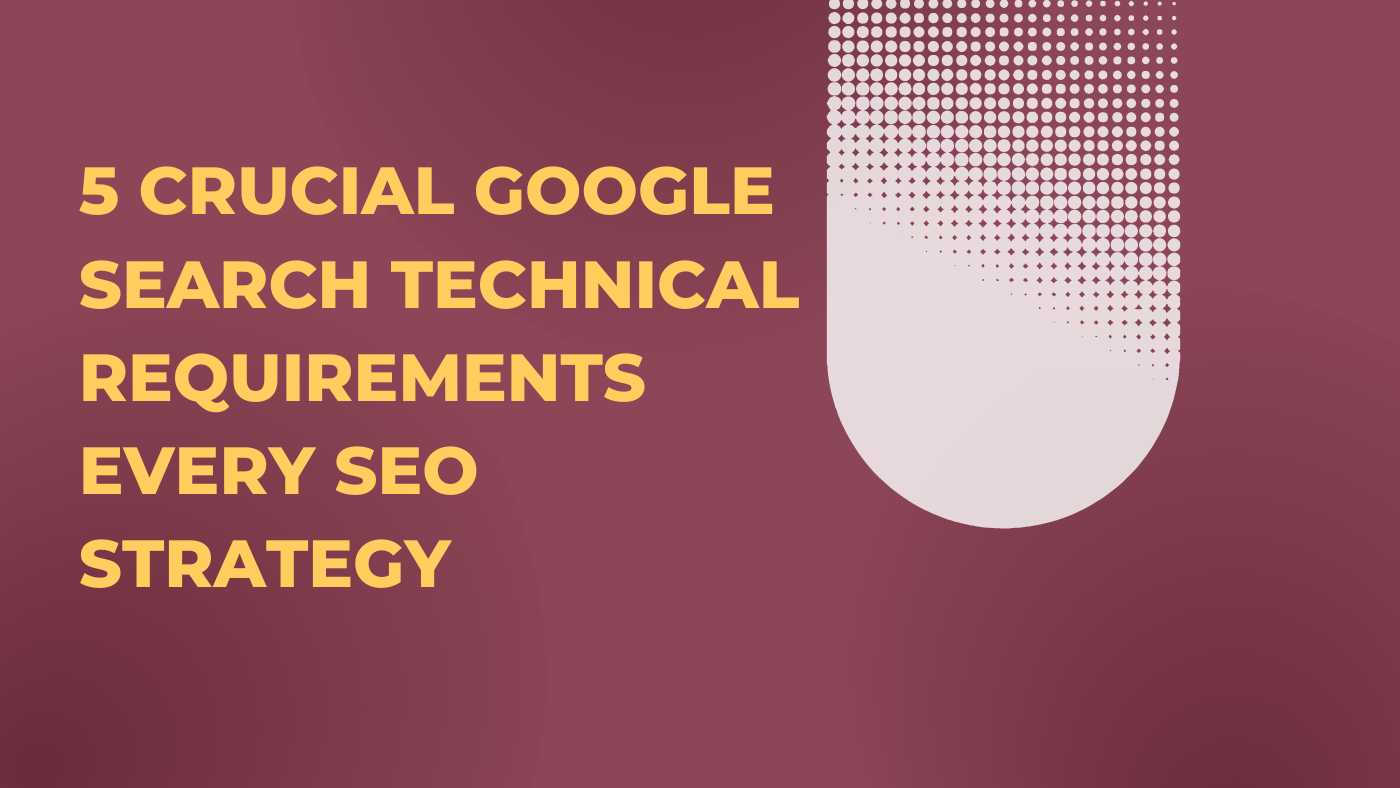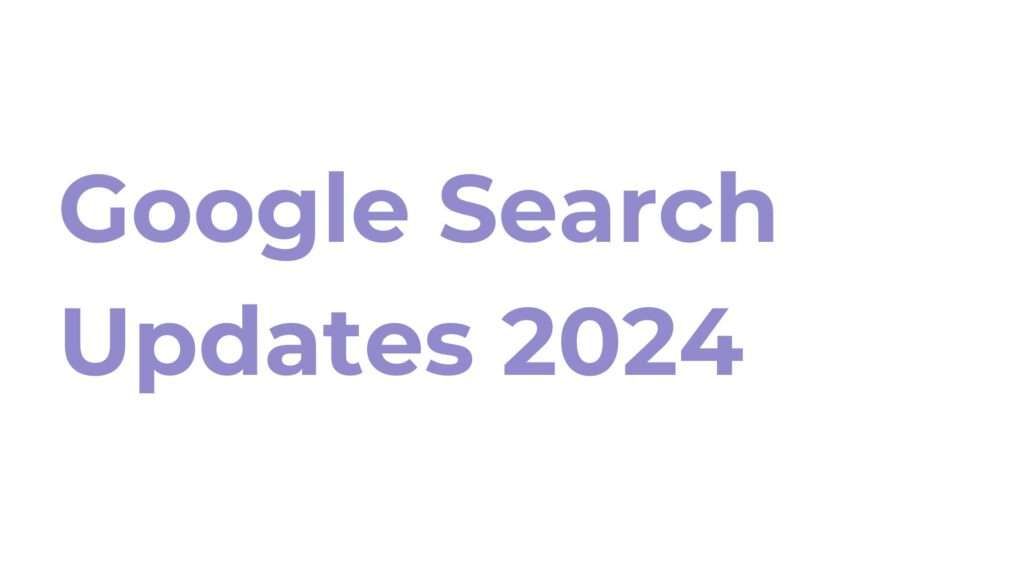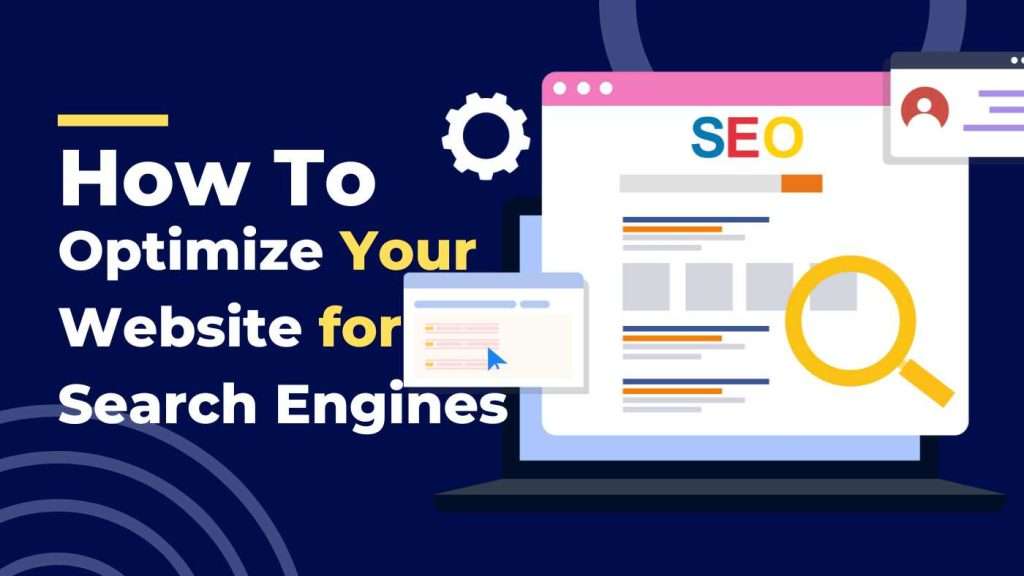Are you struggling to get your website to rank higher in Google search results? If so, it’s time to take a closer look at your SEO strategy. Google has specific technical requirements that play a crucial role in determining your website’s visibility and ranking on its search engine.
In this article, we will uncover the top five technical requirements that every SEO strategy should address.
Importance of technical SEO for search engine rankings
When it comes to optimizing your website for search engines, technical SEO is a critical aspect that should not be overlooked. Technical SEO focuses on optimizing your website’s infrastructure and backend elements, ensuring that search engines can crawl, index, and understand your content effectively. By addressing these technical requirements, you can significantly improve your website’s visibility and organic traffic.
Google’s Core Web Vitals: technical requirements
Google’s Core Web Vitals are a set of specific metrics that measure the overall user experience of a website. These metrics include Largest Contentful Paint (LCP), First Input Delay (FID), and Cumulative Layout Shift (CLS). LCP measures how quickly the main content of a page loads, FID measures the time it takes for a website to respond to user interactions, and CLS measures the visual stability of a website. By optimizing these metrics, you can provide a better user experience and improve your website’s chances of ranking higher in Google search results.
Optimizing website speed and performance for better rankings
One of the most crucial technical requirements for SEO is ensuring that your website loads quickly. Google prioritizes websites that provide a fast and seamless user experience. Slow-loading pages not only frustrate users but also impact your website’s ranking. To optimize your website’s speed and performance, you can start by minimizing HTTP requests, optimizing images, leveraging browser caching, and using a content delivery network (CDN). These techniques can significantly improve your website’s loading times and enhance its overall performance.
Mobile-friendliness: Ensuring your website is mobile-responsive
In today’s mobile-dominated world, having a mobile-friendly website is no longer an option, but a necessity. Google recognizes the importance of mobile browsing and considers it a crucial ranking factor. Mobile-responsive websites adapt to different screen sizes and provide a seamless user experience across all devices. To ensure your website is mobile-friendly, you can use responsive web design, optimize your images for mobile, and leverage mobile-specific features such as click-to-call buttons. By prioritizing mobile-friendliness, you can improve your website’s visibility and ranking on Google’s search engine.
Structured data and schema markup: Enhancing search visibility
Structured data and schema markup are essential for helping search engines understand your content better. Structured data provides additional context and information about your website’s content, making it easier for search engines to categorize and display your content in search results. Schema markup, in particular, allows you to mark up specific elements on your website, such as reviews, products, events, and more. By implementing structured data and schema markup, you can enhance your website’s visibility and create more appealing search results, ultimately improving your click-through rates.
Optimizing for crawlability and indexability
For your website to appear in search engine results, it needs to be crawled and indexed by search engines. Crawlability refers to how easily search engine bots can navigate and access your website’s pages, while indexability refers to how well search engines can understand and categorize your content. To optimize your website for crawlability and indexability, you can create a well-structured XML sitemap, optimize your URL structure, use canonical tags, and leverage internal linking. These techniques help search engines crawl and index your website more effectively, improving your chances of ranking higher in search results.
HTTPS and website security: Building trust with search engines
Website security is not only essential for protecting your users but also for gaining trust from search engines. Google wants to ensure that users are safe when visiting websites, so it prioritizes secure websites that use HTTPS encryption. Investing in SSL certificates and implementing HTTPS encryption on your website is crucial for building trust with search engines and improving your website’s visibility. Additionally, website security also includes protecting against malware, spam, and other security vulnerabilities. By prioritizing website security, you can create a safer browsing experience for users and enhance your website’s ranking on Google’s search engine.
Read More: The Top 10 Not Recommended URL Structures You Should
User experience and navigation: Improving on-site engagement
User experience (UX) plays a significant role in SEO. When users visit your website, they expect a seamless and intuitive browsing experience. If your website is difficult to navigate or lacks engaging content, users are more likely to leave, leading to higher bounce rates and lower rankings. To improve user experience and on-site engagement, you can focus on optimizing your website’s navigation, improving page layouts, incorporating relevant and high-quality content, and providing clear calls-to-action. By enhancing user experience, you can improve your website’s performance in search engine rankings.
Conclusion: Implementing technical SEO for long-term success
Optimizing your website for Google’s technical requirements is crucial for long-term SEO success. By addressing the five crucial technical requirements mentioned in this article – website speed, mobile-friendliness, structured data, crawlability and indexability, and website security – you can significantly improve your website’s visibility, organic traffic, and search engine rankings. Remember to regularly monitor and fine-tune your technical SEO efforts to stay ahead of the competition and ensure ongoing success in the ever-evolving digital landscape.
In conclusion, by implementing a robust technical SEO strategy, you can pave the way for your website’s success in Google search results. So, take the time to evaluate your current strategy and make the necessary adjustments to optimize your website’s performance. By focusing on these crucial technical requirements, you’ll be well on your way to improving your website’s visibility, attracting more organic traffic, and achieving higher rankings on Google’s search engine.





